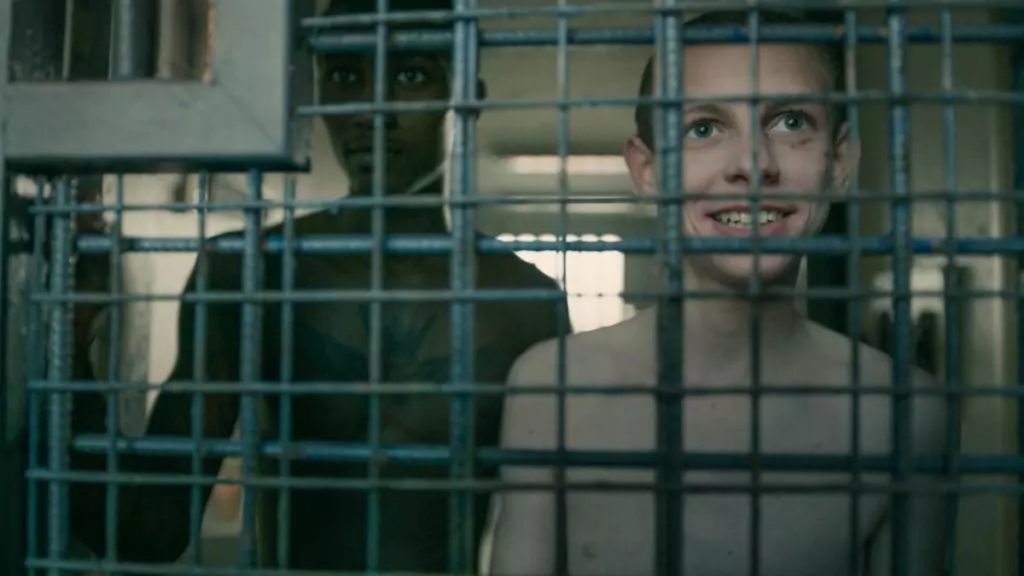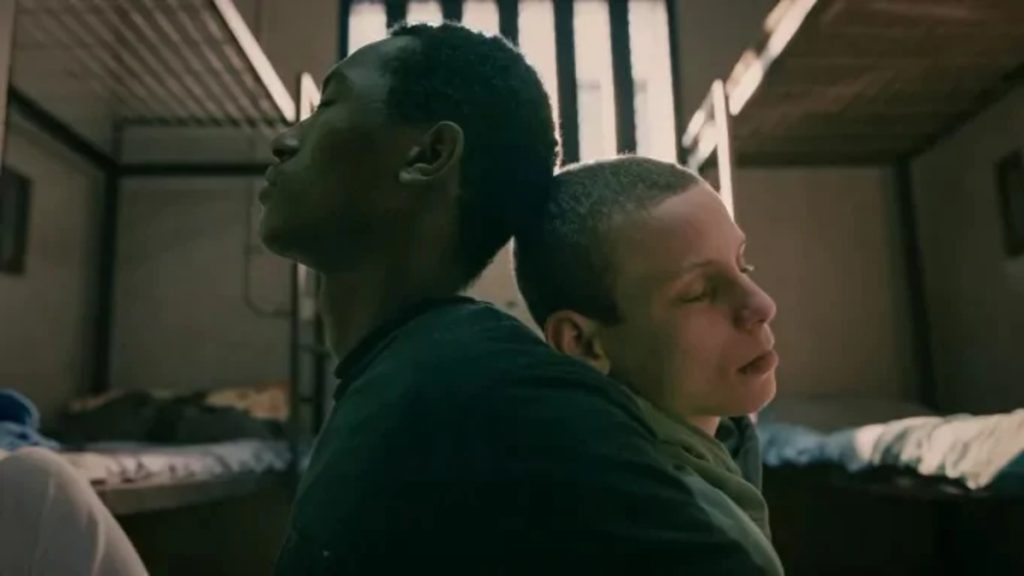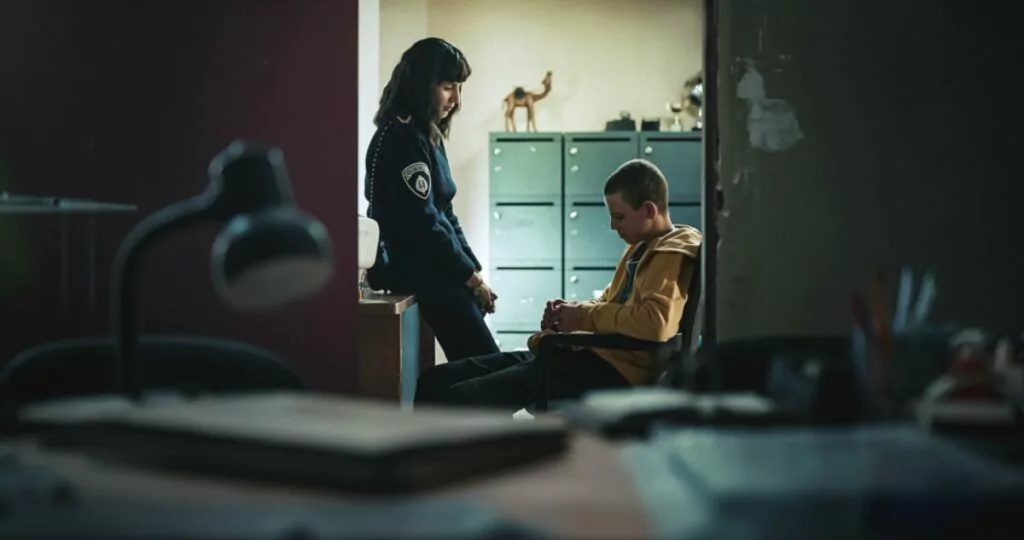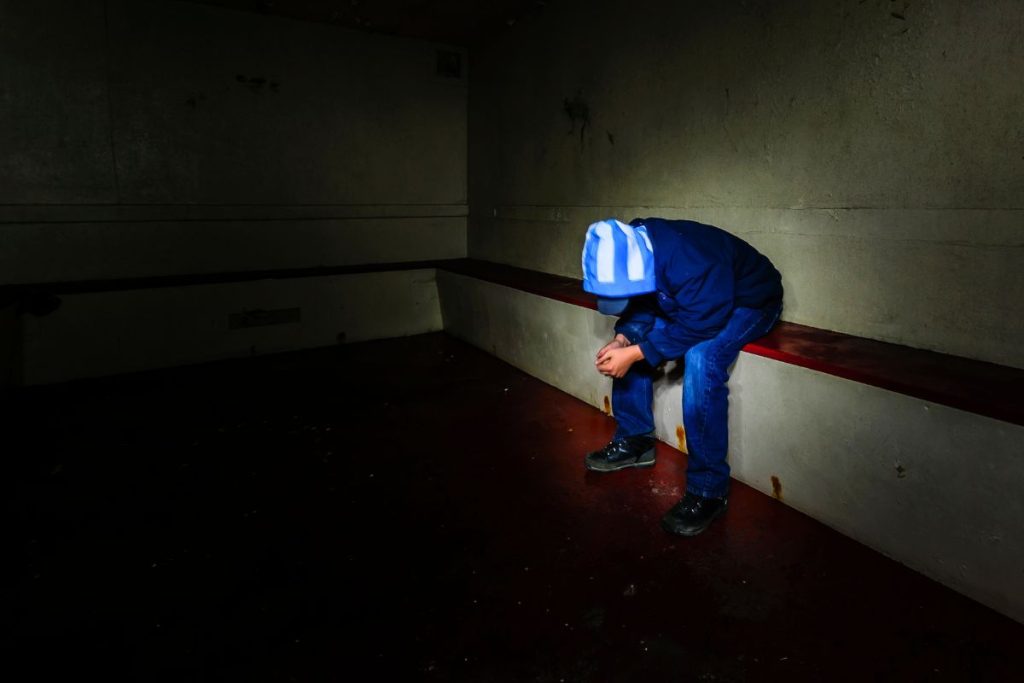Bad Boy, the latest Israeli drama series on Netflix, has been making waves in the entertainment world. With its gripping story of juvenile delinquency and redemption, it has received critical praise, especially in Israel. But as the series starts to gain a global audience, questions arise: Is it really as groundbreaking as it’s made out to be, or is the hype a bit inflated? Let’s take a closer look at the series, its themes, and whether it truly lives up to its reputation.
The Story of Bad Boy: A Gripping Tale of Redemption
Bad Boy is a series that explores the world of juvenile detention in Israel, and it’s loosely based on the life of actor-turned-comedian Daniel Chen. The series follows 13-year-old Dean, who is betrayed by his own mother and sent to a juvenile detention center called Okef. There, he meets Zion Zoro, a fellow inmate. The series is filled with intense, often violent scenes in the detention center, complex relationships with authority figures, and flashbacks to Dean’s adult life, now portrayed by Daniel himself.
The emotional core of the series is the relationship between Dean and Zoro, which unfolds with ambiguity and deep emotional tension. The show’s creators, Hagar Ben-Asher and Ron Leshem, effectively use a fragmented storytelling style to keep viewers on edge. While the approach is praised for its cinematic quality, some critics feel that the narrative occasionally gets lost in its complexity.
The Strengths: Acting and Cinematic Vision
One of the standout features of Bad Boy is its cast. Dean’s character is portrayed with a mix of vulnerability and toughness, and the acting delivers a level of depth rarely seen in juvenile dramas. As The Times notes, the show’s exploration of the relationship between the young Dean and his cellmate Zoro is where it truly shines. The portrayal of their bond, which moves from distrust to a fragile form of friendship, is emotionally compelling.
The direction also earns praise for its artistic vision. The show blends past and present in a way that creates a layered portrait of its protagonist. According to Martin Cid Magazine, the show’s use of humor, combined with its gritty realism, works well to balance the weight of the darker themes. The stand-up comedy segments, inspired by Chen’s own life, aren’t just fillers—they serve as a form of catharsis for the character, giving the series a unique narrative style.

The Criticisms: Unclear Narratives and Unfocused Themes
While Bad Boy offers some solid performances and a distinctive approach, not all feedback has been glowing. One of the main points of contention is its comparison to Adolescence, another popular Netflix show that also explores themes of troubled youth and violence. Critics like The Times argue that Bad Boy suffers from a lack of precision and a confused narrative structure. The series seems to be juggling too many elements—shifting from humor to intense drama without fully resolving the thematic issues it raises.
Some viewers feel that the show struggles to find a coherent tone. The blending of satire with heavy drama doesn’t always work, as pointed out by Movie Jawn. The show’s soundtrack, which shifts from folk music to electronic beats, is seen as incongruent with the story’s serious themes. The occasional use of animated sequences, while visually striking, also feels out of place in an otherwise grounded narrative.

Missed Opportunities: Underexplored Themes
Despite tackling important topics like racism, religious conflict, and the role of institutions, Bad Boy doesn’t fully explore these issues. For example, Zoro’s character, marked by his Ethiopian roots, could have been a powerful opportunity to delve into racial dynamics within the prison system, but this aspect is largely underexplored. Similarly, the tensions between Jewish and Muslim prisoners are raised but quickly dropped, leaving a sense of missed thematic potential.
As Movie Jawn points out, the emotional heart of the series seems to constantly shift, never quite landing on the crucial issues it tries to address. While these themes could have added depth and relevance, the show often veers into other territories, leaving important matters unresolved.

Final Thoughts: An Ambitious but Incomplete Drama
Bad Boy is undeniably an ambitious series with a lot of potential. Its raw portrayal of juvenile delinquency, the tension between characters, and its cinematic approach give it a unique place in the world of K-dramas and international dramas alike. However, it doesn’t fully live up to its own hype. Despite its strong performances and artistic direction, the lack of focus on key themes and its occasionally erratic tone make it a series that, while captivating, doesn’t always hit the mark.
So, is Bad Boy the next big hit for Netflix, or is it just another series caught in the hype cycle? The answer might depend on what you’re looking for—if you’re after deep, thought-provoking drama, it may not deliver everything you’re hoping for. But for those who appreciate unique storytelling and bold acting, Bad Boy still offers a compelling watch.


